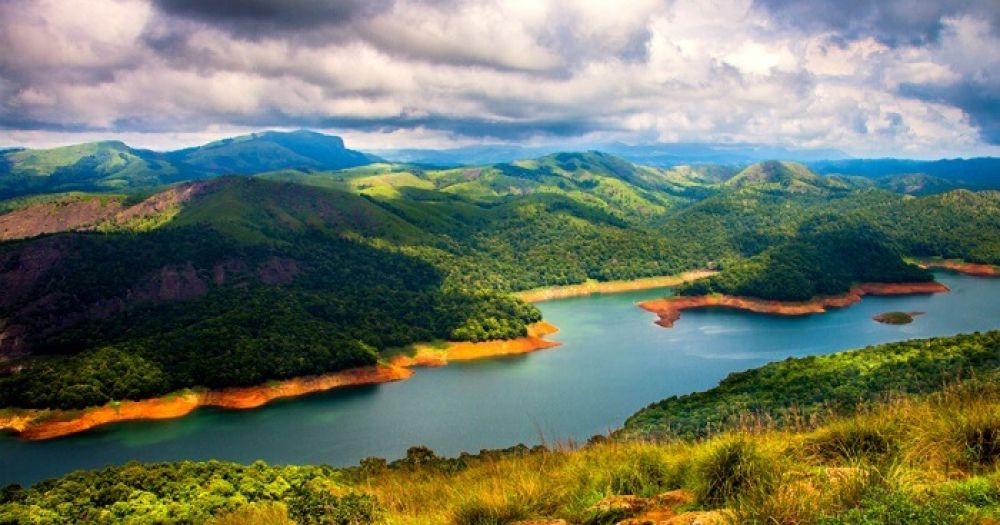

Nestled in the verdant landscapes of the Western Ghats in Kerala, Thekkady is a prime tourist destination famed for its wildlife sanctuary, spice plantations, and scenic beauty. The region's allure as a tourist spot has a history that is intricately linked to the establishment of the Periyar Wildlife Sanctuary.
The history of tourism in Thekkady can be traced back to the early 20th century. The creation of the Mullaperiyar Dam in 1895 led to the formation of the Periyar Lake, around which the sanctuary was established. The area was initially recognized as a forest reserve meant to protect the hunting grounds of the British colonial elite.
It wasn't until the 1970s that Thekkady started being promoted as a tourist destination. The Indian government launched efforts to conserve the unique biodiversity of the region, subsequently drawing attention to Thekkady's potential as an eco-tourism hotspot. The declaration of the Periyar Wildlife Sanctuary as a Tiger Reserve in 1978 under the Project Tiger initiative further bolstered its status.
Thekkady's appeal extended beyond wildlife enthusiasts, inviting those interested in the local culture, martial arts, traditional dance forms like Kathakali, and the tranquil backwater cruises. The introduction of the spice plantation tours in the 1980s allowed visitors to experience the local agrarian lifestyle and brought Thekkady into the spotlight as a destination that offered more than just wildlife sightings.
In recent times, Thekkady has seen a significant rise in domestic and international tourists. Travelers often seek out sustainable and responsible tourism options, eager to minimize their ecological footprint while experiencing the local culture. Activities such as bamboo rafting, jungle patrols, and border hiking are organized by the Department of Forest that meet these emerging trends. Moreover, investments in infrastructure and increased global awareness through online platforms have made Thekkady more accessible.
The crisis faced by the tourism industry during the COVID-19 pandemic led to a temporary decline in visitor numbers; however, it also resulted in an increased demand for off-the-beaten-path destinations, of which Thekkady is a perfect example. The emphasis is now on creating travel experiences that prioritize health, safety, and sustainability. The recognition of Thekkady as an ecotourism destination has empowered local communities and highlighted the importance of preserving its pristine natural beauty for future generations.
Thekkady's journey from an exclusive hunting ground to a beloved eco-tourism haven illustrates the evolution of tourist destinations over the years. With a strong focus on sustainability and conservation, the future of tourism in Thekkady looks vibrant, promising visitors an immersive experience in one of India's most treasured natural environments.